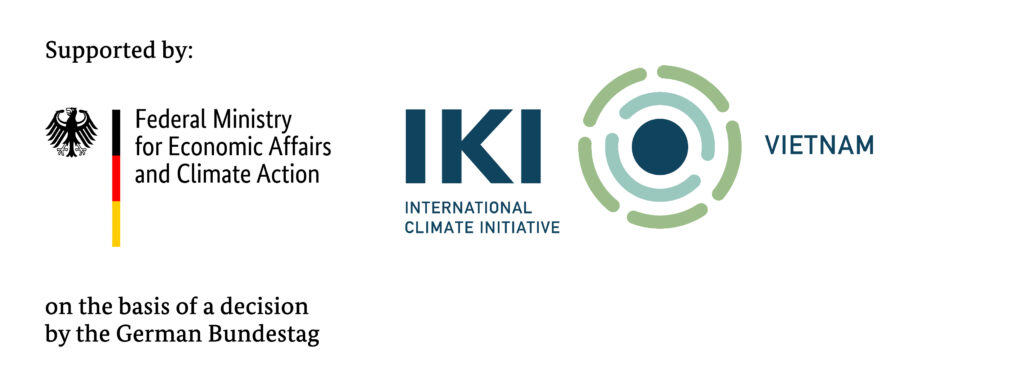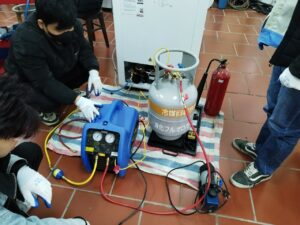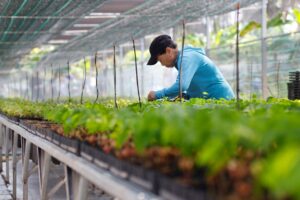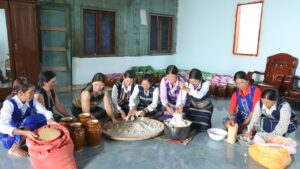A bioenergy project of the International Climate Initiative (IKI) concluded in late September 2023, after four years of unremitting efforts to the development of clean energy in Viet Nam.
Among its major achievements, the ‘Climate Protection through Sustainable Bioenergy Markets in Viet Nam’ (BEM) project was able to calculate the potential for reducing greenhouse gas emissions. Up to 380,000 tons of CO2 equivalent can be reduced annually if boilers use all biomass resources by adopting pilot initiatives within the BEM project.
As a part of its activities, BEM supported the French-based pharmaceutical group Sanofi Vietnam with its ‘Rice is the new green’ (RING) project to convert existing diesel fuel-fired boilers into rice husk-fired boilers at the latter’s factories in the country.
Ms. Fanny Haniquaut, Sanofi Vietnam’s Industrial Affairs Head, highly appreciated BEM’s technical support. ‘BEM was a major player in helping us in the incubation phase of the RING project and making sure that our project is well known to ministries and the different associations,’ she said. ‘And also, the BEM project has supported us as a technical advisor in the second phase of the rollout of the project with their expertise.’
GIZ and the Electricity and Renewable Energy Authority of Viet Nam’s Ministry of Industry and Trade jointly implemented the ‘Climate Protection through Sustainable Bioenergy Markets in Viet Nam’ (BEM) project from 2019 to 2023. BEM was funded by the German Federal Ministry for Economic Affairs and Climate Action (BMWK) through IKI.
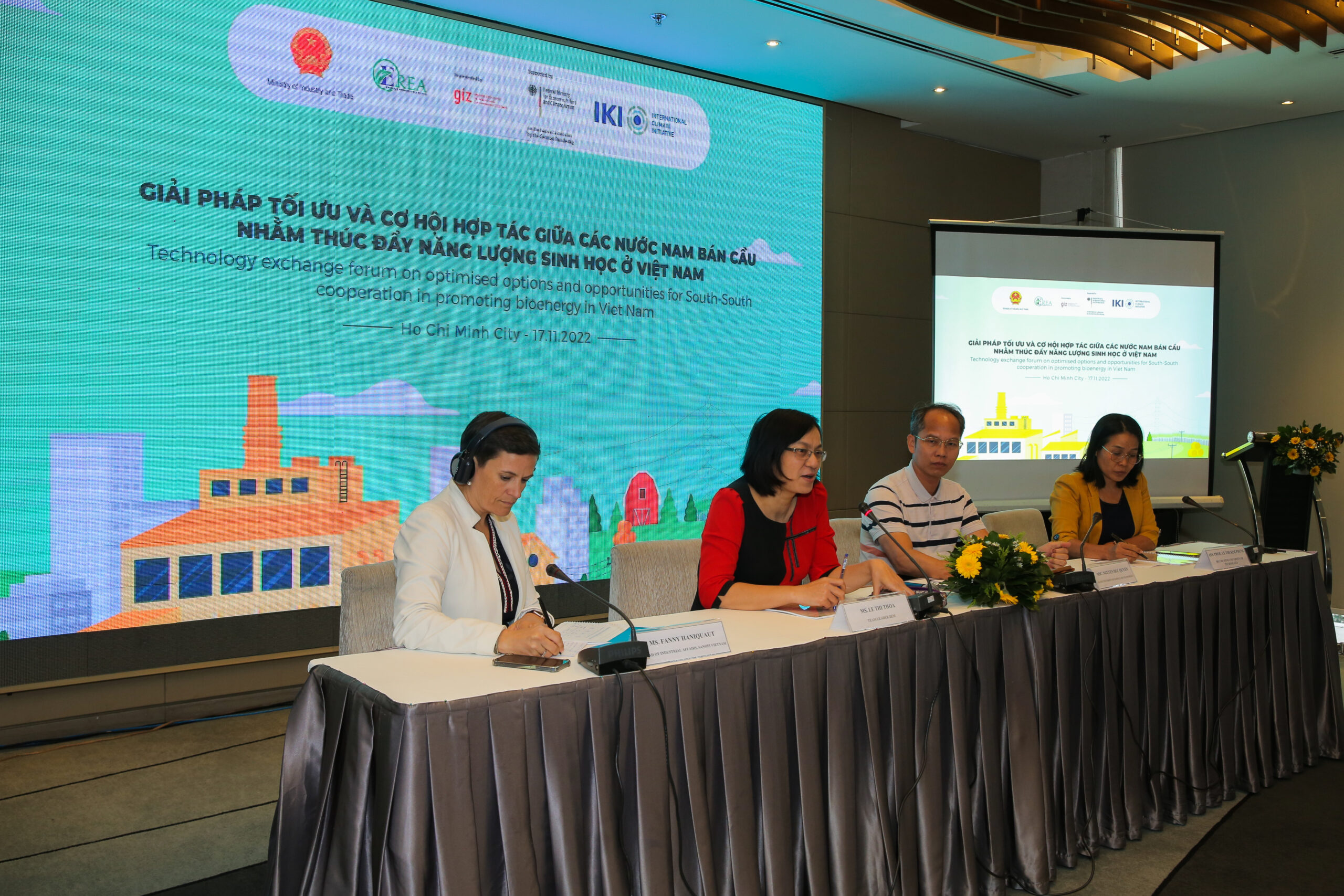
During its lifespan, the project succeeded in supporting the increase of the biomass feed-in tariff in Viet Nam, which helped to expand investment in local biomass energy. Guidelines were published on the development of biomass energy projects and the assessment of their environmental and social impact in the country, aiming to assist investors in reducing risks before and during their projects’ implementation.
Through training courses, the BEM project was able to boost the knowledge and skills of both public and private staff working in bioenergy and financial institutions involved in the sector. A series of matchmaking events and technology exchange forums took place to connect local businesses with international peers.
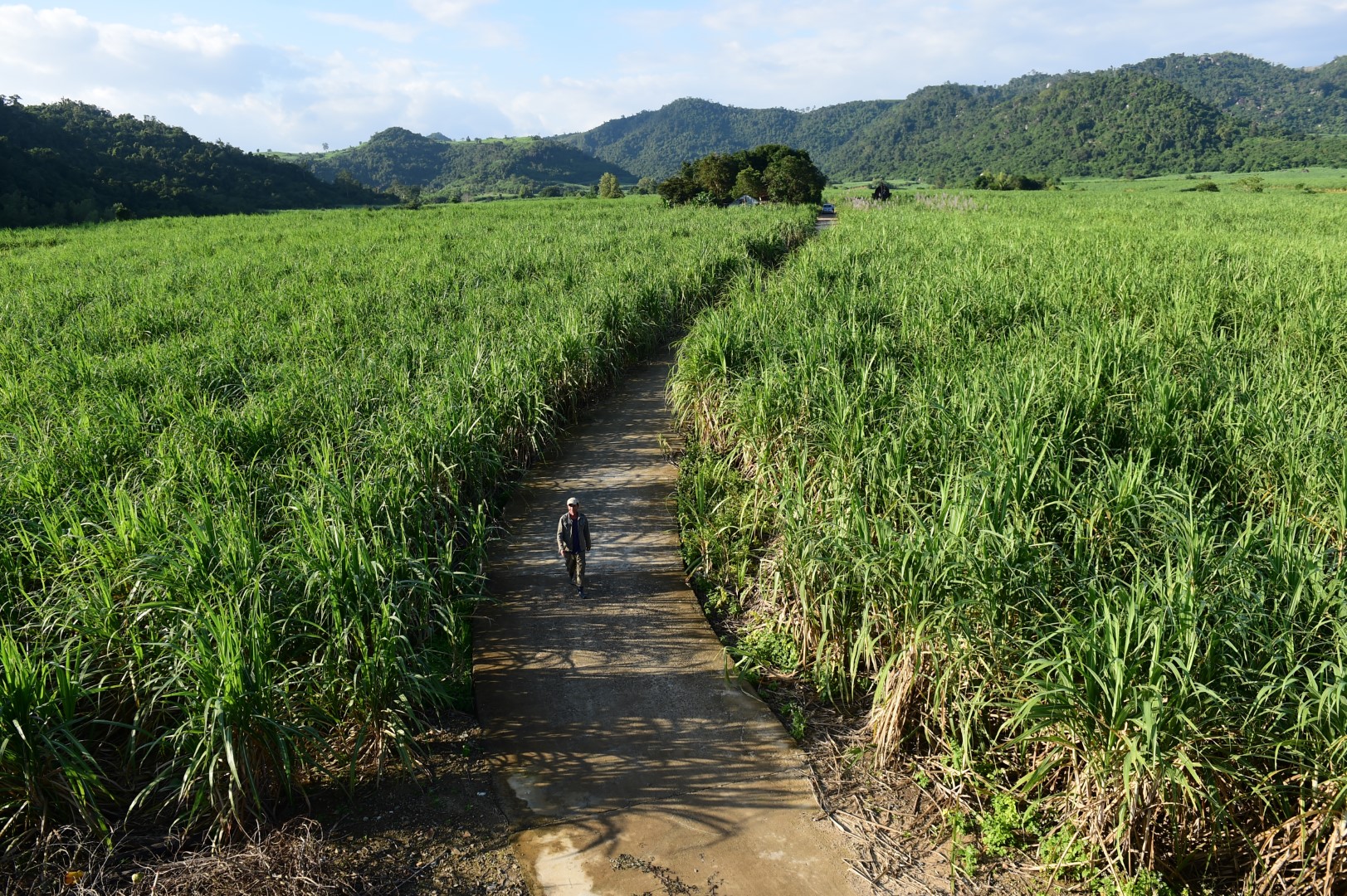
Viet Nam has strong potential for bioenergy, including post-harvesting and post-processing agro-forest residues and waste such as bagasse, straw, rice husk and livestock waste for biogas. Bioenergy is, therefore, a proper solution to ensure energy security and minimise adverse impacts on the environment while the country is embarking on an energy transition journey, aiming to achieve net-zero emissions by 2050.
Please click the following links to see the project’s key successes in detail:
- Key achievements (leaflet): https://gizenergy.org.vn/item-detail/bem-bioenergy-project-key-achievements/
- Sum-up video (3 mins): https://www.youtube.com/watch?v=zJN1Z_6N2iY
